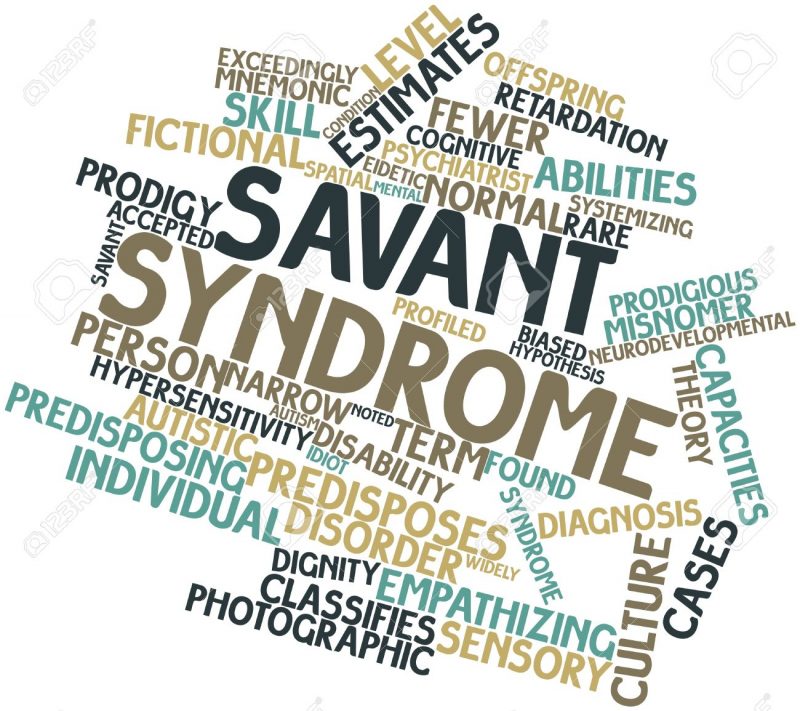By Evi Tsakali,
As most of my entourage knows, I’m a crime fiction junkie. From the classics of Agatha Christie to the chilling Icelandic noir of Yrsa Sigurdardottir, this genre intrigues me and never ceases to amaze me. One of the last books I devoured was Sebastian Fitzek’s The Present (Das Geschenk is the German title, and the Greek title is «Αναλφάβητος»), which introduced me to a whole new aspect of the criminological investigation. Since I wouldn’t like to proceed to any spoilers, I would just like to strongly recommend it (especially if you are an enthusiast of this genre) and move directly to the main theme of my article, the part of that book that inspired me to bring it to existence; the main character of the book, Milan Berg, is illiterate; not only does he not know how to read, but he is also completely unable to learn, as he explains from the very beginning. However, he has an incredible, photographic memory, sketching, and calculating abilities. All these were directly related to his illiteracy (and thus end any details on the book I will mention) and constitute signs of his savant syndrome, the topic of this article.

The Savant Syndrome is a rare, but quite extraordinary condition, in which people with serious mental or developmental disabilities, or within the autism spectrum, have some “island of genius”. Whatever the particular savant skill, it is always linked to massive memory. In general, savant skills narrow to five general categories, according to Dr. Darold A. Treffert: “Music, usually performance, most often piano, with perfect pitch, although composing in the absence of performing, has been reported, as has been playing multiple instruments (as many as 22); art, usually drawing, painting or sculpting; calendar calculating (curiously an obscure skill in most persons); mathematics, including lightning, calculating, or the ability to compute prime numbers, for example, in the absence of other simple arithmetic abilities; and mechanical or spatial skills, including the capacity to measure distances precisely without the benefit of instruments, the ability to construct complex models or structures with painstaking accuracy, or the mastery of map-making and decision finding”. Reported less often, other savant skills include outstanding knowledge in specific fields, such as statistics or navigation. They may also consist of unusual sensory discrimination in smell, touch, or vision perfect appreciation of passing time without the benefit of a clock, and prodigious language (polyglot) facility.
Savant skills most often emerge in childhood, superimposed on some underlying developmental disability present at birth. However, savant syndrome may also be acquired, following brain injury or disease later in life. Savant skills do not fade or disappear; rather a pattern of replication to improvisation to creation is often seen.
References
- Sebastian Fitzek, Αναλφάβητος, μτφρ. Δέσποινα Κανελλοπούλου, επιμ. Φιλία Μπουγιούκου, εκδόσεις Διόπτρα, 2021
- Darold A. Treffert, The savant syndrome: an extraordinary condition. A synopsis: past, present, future in Philosophical transactions of the Royal Society of London. Series B, Biological Sciences, 2009, Available here




